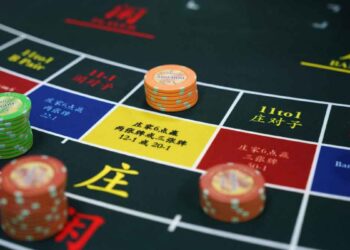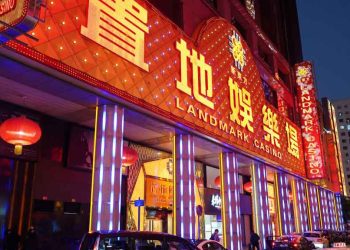Macau’s gaming regulator the Gaming Inspection and Coordination Bureau (DICJ) yesterday (Wednesday) had its first formal meeting with the industry to discuss introducing locally-formulated technical standards for electronic games and systems.
If the resulting standards differ significantly from those in existing major casino jurisdictions—such as Nevada—then there could be cost implications for the operators and the manufacturers. That’s in terms either of adapting products currently on Macau floors, or in terms of creating manufacturing and technical compliance capacity with the supply industry that is market-specific. At present in Macau the general rule is if it’s compliant in major jurisdictions it’s compliant for Macau. The exception to that is the tiny amount of mainly non-electronic inventory in Macau [such as some tables] that pre-dates market liberalisation in 2002.
One industry source—not present at yesterday’s meeting but who has seen the DICJ document presented for consultation told Inside Asian Gaming: “It looks pretty much like GLI11 [a reference to the latest iteration of the Gaming Laboratories International technical guidelines]. But we will be handing it to our technical people to see if there are any surprises in there.”
The session—between the DICJ and representatives of the slot and systems manufacturers—took the form of a PowerPoint presentation from the DICJ on the aim of local standards. Although no questions were taken by the DICJ during session, the industry has been given until the end of October to make its observations and representations. That will be followed by a two-month consultation period with the aim of implementing the standards in January.
Introducing local technical standards for electronic gaming products is not the same as introducing formal regulation of electronic games. But it is arguably the first logical step in that process. Once technical standards have been decided, then key regulatory issues such as whether electronic tables should be regulated as live tables or ‘slots’ (electronic gaming machines) could come up for debate. That’s particularly important in the context of the extension of the live table cap beyond 2013—whereby only a compound annual growth rate of 3% will be allowed until 2020. Technical standards and regulation have a relationship to each other in the sense that what’s decided at the technical standards stage could have an impact later on how electronic products are regulated (and thus where they stand in the hierarchy of local industry floor inventory).
At the moment Macau doesn’t have its own set of technical standards for electronic games and systems. It works instead on the principle that if a product has already been declared compliant in terms of technical standards in one of the leading jurisdictions, such as Nevada or New South Wales, then it will be considered compliant in Macau. Even under that system however, the DICJ has reserved for itself the right to review products on a case-by-case basis. The hope on the industry side is that local technical standards could speed decisions on approvals regarding equipment—especially innovative technology—coming into the Macau market.



































